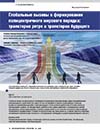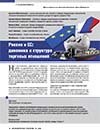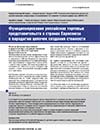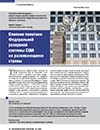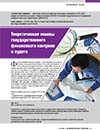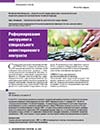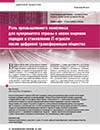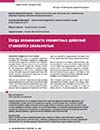
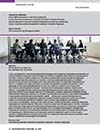
DOI: 10.33917/es-1.167.2020.72-81
The presented clause considers features of granting of the information board of directors of the company its shareholders. The present article purpose is the finding of certain balance of interests between participants of the company (avoiding of the agency conflict), by means of development of the certain mechanism which would allow to warn drawings of a damage of the company. In particular, the regulations of activity developed by the board of directors, with a view of provision of an openness of the information. The information openness of proceedings of board of directors will promote to management transparency of the company, and also increase of its investment attraction. Besides, the openness will allow to understand the true purposes of strategic decisions of company management. Absence transparency in the information on a society, on the contrary, can prevent its successful development. Feature of the presented work is the finding of balance of interests between board of directors (management) of the company and its shareholders. The compromise will be find between granting of the information from company management (validity of granting of the information) about activity of the company and a non-admission from shareholders of abusing the right — availability of unreasonable interest in reception of the corresponding information, intended creation of objective difficulties which can negatively affect company economic activities as a whole and on interests of its shareholders. Recommendations will be made with the help which probably to improve quality of corporate governance by means of the information policy of the company. Achievement of the compromise can be reached concerning information granting (including, about proceedings of board of directors) between management of the company and hareholders by means of constructive dialogue which will allow to soften an agency problem. Besides, in the presented work it is considered necessary implementation in the national legislation of institute of authorised persons which purpose is the control of behaviour of other interested participants at fulfilment of certain transactions (including, the transactions connected with a conclusion of assets from the company) which can be directed on causing of damage of the company and also break economic interests of other shareholders
Продолжить чтение




